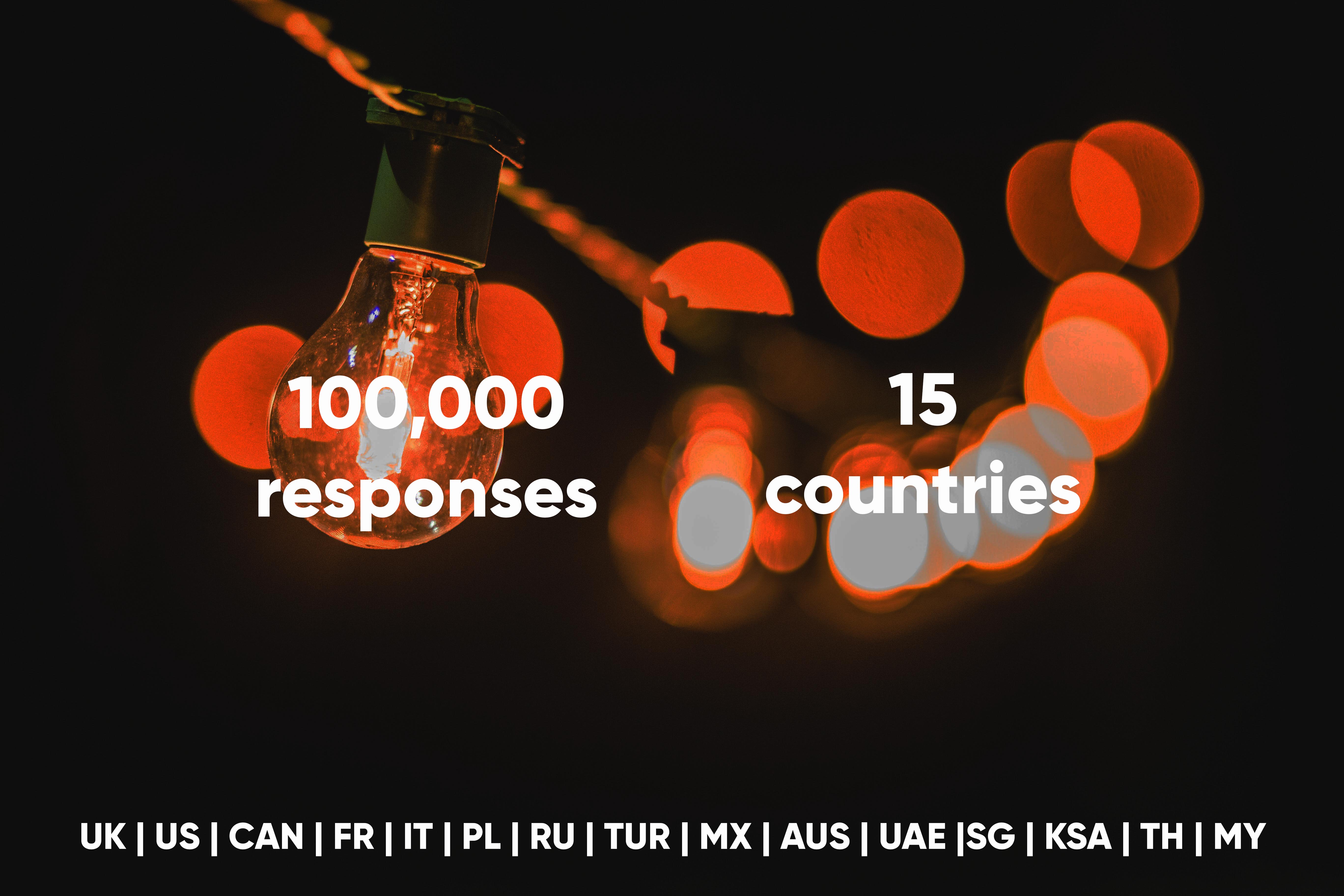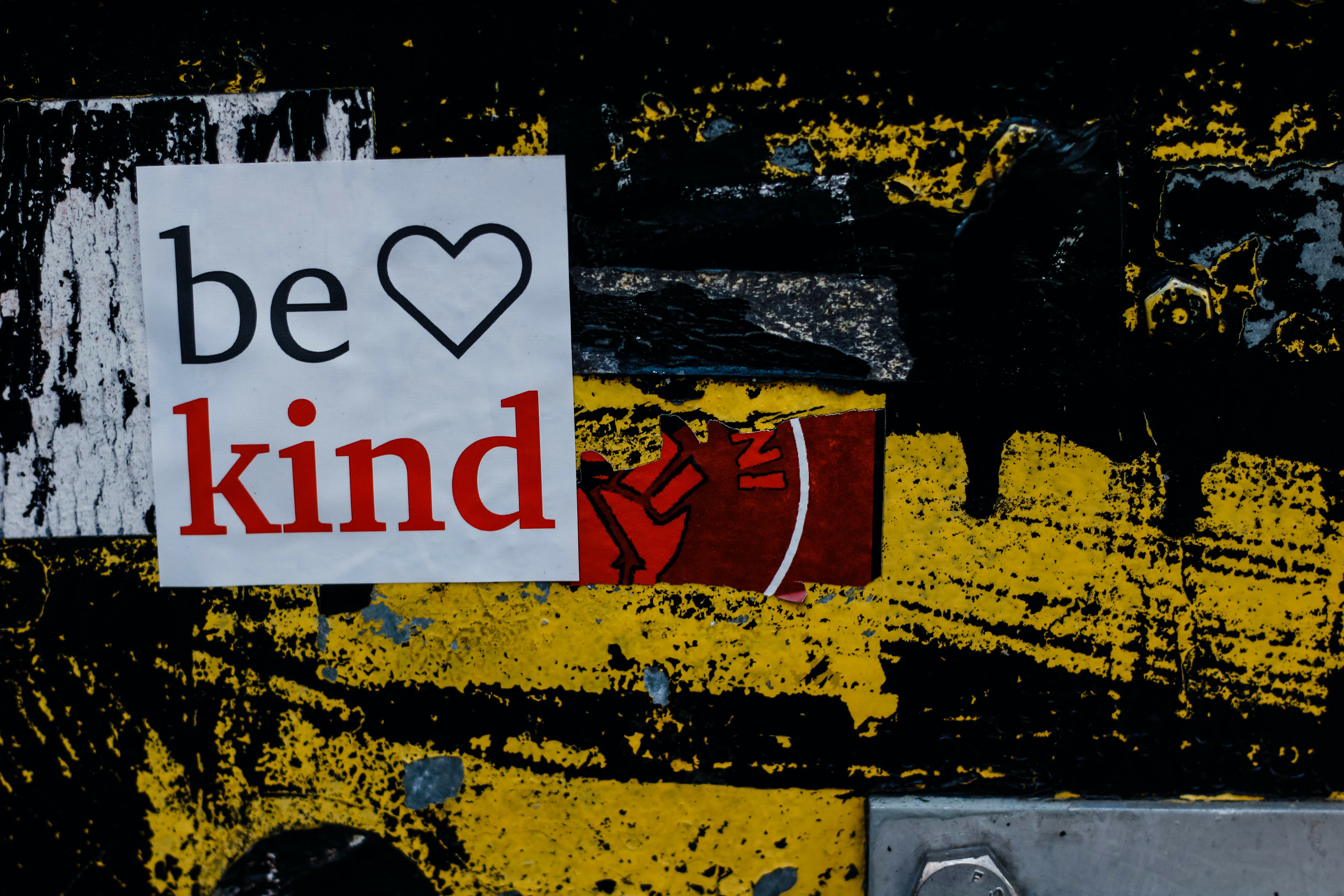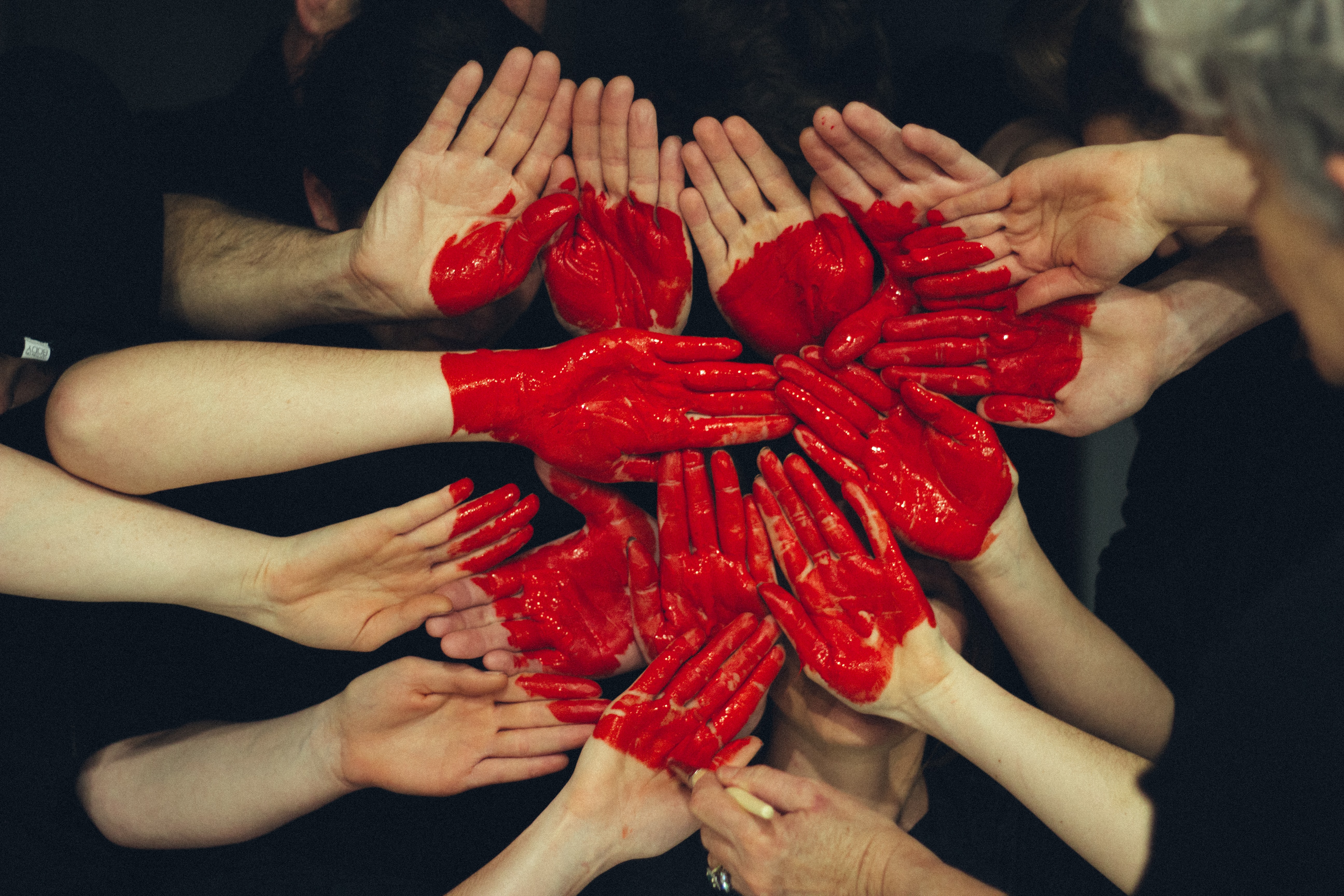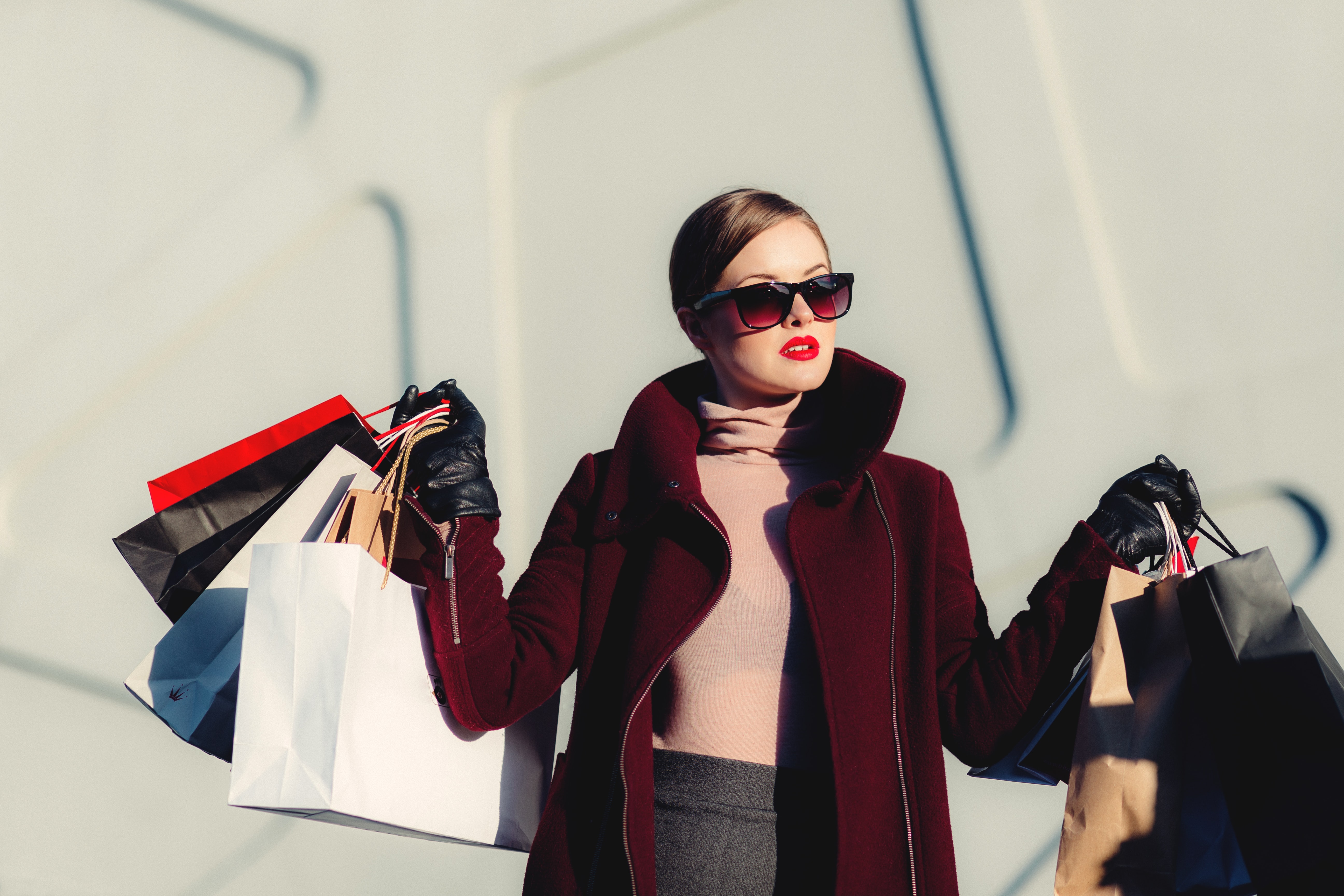There’s no denying it, 2020 was a year like no other. 12 months ago, who could have predicted a New Year’s Eve spent at home or Christmas shopping being done in masks?
In a time of widespread isolation, the idea of ‘community’ has never been more important and online connections have been the life-blood of families, friends and colleagues all over the world. Our global online communities provided hundreds of thousands of responses over the course of 2020 – and from a year that saw so many shifts in consumer attitudes and behaviours, we’ve compiled our top 10 insights, along with how they should inform your brand’s plans for 2021…

Benevolent branding
1) A social conscience reigns supreme.
Our online focus groups – particularly Gen Z – showed an appreciation for brands that demonstrated an interest in social causes. Whether this was taking an interest in sustainability, improving diversity in ad campaigns or showing altruism during the pandemic, Bulbshare users reported a preference for socially aware businesses. Many noted Pret’s NHS discounts, Dove’s body confidence campaigns, and L’Oreal’s sanitiser donations as worthy examples of brand compassion.
And this concern for magnanimity isn’t going anywhere; this year has changed the landscape of activism indefinitely. When 62% of respondents said brand diversity impacts their perception of a company and 34% said they have stopped shopping at brands because of a lack of representation, your brand should listen and take note for 2021, a year of a more conscious consumer.
“When I go to buy something I research the company to find out how much it is involved in social causes.”
Bulbshare user, 41 🇧🇷
Brand takeaway for 2021:
Consider how exhibiting a philanthropic and charitable attitude could help your brand, as well as people in need. Remember, authenticity is important rather than jumping on a bandwagon: back up your words with real actions and sincerity.
2) We shopped locally till we dropped.
With our global insight communities reporting over 70% participation in more locally-sourced food shopping, it’s evident that buying local is a major priority. Sustainability, supporting the local economy, ethics and price all played into this decision.
“Due to the current pandemic I have chosen to support the local economy and buy from new and small businesses.”
Bulbshare user, 21 🇲🇽
Brand takeaway for 2021:
Focus on marketing to consumers in the area and highlighting the need to support the local economy. Shout about your locally sourced products, how you support local producers and invest in initiatives that support local communities.
3) Sustainability sells
This year has proved that consumers have an appetite for ecologically ethical products like never before. In conjunction with having a social purpose, consumers are overwhelmingly demanding more sustainable products and services in every market – with the virus’s impact on travel only serving to highlight the affects of reducing food miles and carbon footprints.
Companies like Patagonia have cultivated a massive following over the years because of their commitment to helping the environment. However, promoting your eco-friendliness includes being completely transparent in your brand’s practices and processes: the consumers of 2021 will not be fooled by greenwashing. Find out more here.
“I would like to see more content regarding waste reduction, social security and environment issues.”
Bulbshare user, 42 🇲🇾
Brand takeaway for 2021:
Consider how your service impacts the environment. Can you pledge to contribute to a greener future or source your products more ethically? Make sure you’re vocal about your efforts to protect wildlife and workers.
4) We love self-love
One of the prominent themes we see emerging in the post Covid-19 world is the need for self-improvement – mentally, emotionally, and physically. With restaurant closures catalysing more home cooking, consumers have been more health-conscious when it comes to food. Similarly, home workouts have dramatically increased in popularity, whilst jogging and walking have provided an excuse to get out the house for fresh air. And when 70% of our global community have reported an increase in anxiety levels this year, the focus online has shifted to ‘mental health days’, ‘self-love’ and ‘meditative introspection’. As 51% of the users on our customer insight service intend to exercise more next year, and mental health has been prioritised more than ever, this trend of self-care is erupting into 2021 with vigour.
“I don't really take time for myself, so I think one thing I will start doing is taking more care of my health. So exercising more on a regular basis and really making that impact on my lifestyle to stay healthy."
Bulbshare user, 28 🇬🇧
Brand takeaway for 2021:
Can you market your product towards a vision of a healthier, happier life? Emphasise self-care (mental and physical) and shout about your healthy, happy benefits.

Community Spirit
5) Influencers lost their influence
The year of clapping for the NHS and checking in on neighbours had little patience for social media influencers. Our digital research communities reported that influencer marketing is falling out of favour and trust in sponsored posts is diminishing. When a social conscience has been more in vogue than ever, ‘vapid’, ‘avaricious’ and ‘superficial’ influencers were seen as a blight on social media. In fact, after the doom and gloom of the year, 36% are looking to cut down on social media and 10% intend to stop completely. Instead of listening to paid endorsements, 84% of Bulbsharers preferred the recommendations of their friends, family and local community. Read more on our ‘Death of the influencer’ blog.
"I never take notice of influencers at all and prefer to make my own purchase decisions or recommendations from family."
Bulbshare user, Female, 19 🇺🇸
Brand takeaway for 2021:
Authentic voices and advocacy via real customer content will be the route to meaningful consumer connections and commercial success in 2021.
6) Quality and care above status and luxury
When so many people are separated from loved ones, messages around family, community, time and quality had more meaning during Covid-19 than those focused on status and luxury. With much less disposable income, most consumers want to make a purchase feeling that it is going to better themselves or their family’s lives, not that it was unnecessary. When 45% of users suffered from more stress this year, your brand can do its bit to ease that tension. Even though the future bodes better times, consumers will remember which brands made an effort.
“… It should be mandatory for organisations to recognise the importance of mental health awareness.”
Bulbshare user, Male, 33 🇺🇸
Brand takeaway for 2021:
Take inspiration from Krispy Kreme’s initiative, in which they doubled the donuts people ordered so customers could give a sweet treat to a neighbour, or do a giveaway for loyal customers. Consider using comforting words in your advertising to connect with consumers. At a time when building digital communities and remote customer connections has never been more important, it’s crucial to engage your communities in ‘always-on’ relationships and ongoing dialogues.

Consumer Behaviour
7) Last orders?
‘When pubs and bars are being forced to close, 78% of consumers expect to go out less this festive period vs. last year, and only a quarter of audiences anticipate any kind of office party…’ When asked about attitudes and behaviours towards drinking socially this Christmas, our customer intelligence community painted a fairly bleak picture for the drinks industry.
But that wasn’t the whole picture: 89% of our users will buy alcohol this Christmas because, well, a nice glass of Buck’s Fizz sparks joy. Similarly, 28% of users plan on buying their main alcohol shop online, 20% intend to spend more on premium beers, and 54% want to try new drinks. With 2021 heralding new hope for a better year, there will be lots to celebrate, which inevitably means we will be hearing the sounds of clinking glasses again.
That being said, in a more health conscious society post-covid, 41% have cut down on the number of days drinking and 64% tried a non-alcoholic drink, with 43% intending to spend more on non-alcoholic products. Furthermore, people opted for quality over quantity: in a shift away from little and often, our users preferred premium products. Rather than regular excessive drinking, the trend is moving towards special occasions, cherishing a rare glass, and enjoying a ‘one-off treat’. Discover more about whether the tap will run dry for the drinks industry in our Last Orders webinar: The impact of Covid-19 on the drinks industry this Christmas.
"I’ll buy Bucks Fizz because it has always been a tradition in my family so I want to carry that on as it feels like a time to celebrate"
Bulbshare user, Female, 44 🇺🇸
Brand takeaway for 2021:
Consider branding your alcohol products for specific occasions such as Christmas, New Year’s Eve, Valentines or Easter. Festive packaging may tap into the desire to have a ‘normal’ Christmas. But when this festive season comes to a close, consider non-alcoholic alternatives for Dry Jan as part of your brand. Can you cut the sugar or calories in your drinks to advertise to health conscious consumers? Can you take advantage of the rising trends for non-alcoholic options? Can you premiumise your product to exploit the need for quality over quantity?
8) Online sales swam while the high-street sunk.
In March, 40% of our respondents claimed that Coronavirus affected the way they shop, saying they will be avoiding supermarkets and shopping online. Now, it is reported that around 75% of shoppers will purchase their Christmas presents online this year. This steady move towards online shopping is proliferating continually, so expect more in 2021.
Since this shift, the UK has seen the closure of Arcadia and Debenhams is in danger. Online shopping continues to grow, with the likes of Amazon and eBay enjoying growth while the highstreet suffers. Read our Post Covid-19 Consumer report to uncover changing attitudes towards shopping in the wake of Covid.
“I am stocking up online on food and on other consumables, such as cleaning materials and toiletries, that I wouldn’t want to be without. My aim is to be able to get by for a month without having to go shopping in person – if it becomes necessary for me to stay at home.”
Bulbshare user, Female, 41 🇬🇧
Brand takeaway for 2021:
Channel your efforts into online marketing if you haven’t already. Establish your presence on social media and set up shop online. Remember, user experience still matters online: according to Super Office, 86% of buyers are willing to pay more for a great customer experience.
9) The most popular restaurant in town? Your own kitchen.
Food trends that arose this year (and aren’t going anywhere next year) were: the rise of flexitarianism, home-grown produce and eating-in. With financial woes and health concerns troubling the 2020 consumer, an amplified interest in food took hold. What we are eating, where it comes from, and how to DIY it were the themes of the year.
“I do fear that the restaurant industry may not be able to recover, partly because they were closed and could not survive, and partly because people have changed their eating habits over the last few months and they may stick to it. I think a lot of people realized how much money they saved eating at home, and people will eat out less in the future.”
Bulbshare user, Male, 40 🇬🇧
Brand takeaway for 2021:
Now our covid-consumer knows how to cook, you and your brand should consider branding your service towards that. Whether that translates to a switch towards a more DIY product or a marketing campaign that appreciates the new knowledge gained this year, your 2021 plans should bear in mind the new savvy and health-conscious customer you’re targeting.
10) COVID Consumption
49% of our users said they were spending less during lockdown – and attributed that reduction in spend to eating out less, diminished travelling, pubs and bars being inaccessible, and fewer excursions and days out. As well as cutting back due to concerns about an uncertain economy.
“I have less income and money to spend compared to the last year”
Bulbshare user, Female, 29 🇺🇸
Brand takeaway for 2021:
The brand takeaway is that people love takeaways – and see them as a cheaper alternative to eating out! Messaging around value, cutting back and sensible pricing will gain cut-through, while an occasional ‘treat yourself’ stance, will also be important among consumers seeking an ‘affordable’ break from austerity living.

